UK Fuel Poverty Monitor 2020-21
Date: 30th Nov 2021

This year’s UKFPM identifies the opportunities associated with decarbonising heat for fuel poor households; the barriers they face in doing so; the likely risks of the decarbonisation agenda for them;
the value of transparency, in terms of how energy policies are paid for; and which policy developments and interventions are required to ensure that the decarbonisation of domestic heating can be fair and
affordable. It seeks to highlight the actions that must be taken if fuel poor households are to be the first to benefit from the decarbonisation of the way we heat our homes.
Through a Call for Evidence (CfE), which gained responses from 122 respondents covering the breadth of the UK, and wider engagement with stakeholders, we have considered the opportunities, impacts and barriers for fuel poor households of decarbonising their homes. To further inform our research, we interviewed representatives from governments, regulators, and consumer advocacy groups to understand their views on the links between decarbonisation and fuel poverty.
We also conducted interviews with households that NEA has supported with decarbonising their heating to understand more about their experiences. The barriers and benefits they encountered are incorporated into this report in the form of three case studies, each of which tells the real-life story of a household that has tried to decarbonise their home – but with mixed results and from which several lessons must be learnt.
Decarbonising heat is essential for fuel poor households. It is needed to mitigate against climate change and to reduce the level of climate risk for fuel poor households. The direct opportunities for fuel poor households could also be substantial. There are significant financial savings on offer if decarbonisation is done in the right way. Overall, 83% of the stakeholders who responded to our CfE noted the opportunity to create more affordable and manageable energy bills at the same time as decarbonising fuel poor homes by improving energy efficiency. In turn, stakeholders said this would lead to warmer homes, with healthier occupants and thriving communities.
Resources
Related resources
Related articles

LucidTalk – NEA NI: September 2025 – Northern Ireland (NI) Attitudinal Poll
03rd Nov 2025
LucidTalk – NEA NI: September 2025 – Northern Ireland (NI) Attitudinal Poll

Preparing for winter
14th Oct 2025
If you are on a low income, live in the private rented sector or live in an old, cold home (or all three), you now need to prepare for the cold season.

Fact sheets for Northern Ireland’s Local Government Districts
01st Oct 2025
We’ve compiled fact sheets for each of Northern Ireland’s 11 Local Government Districts.
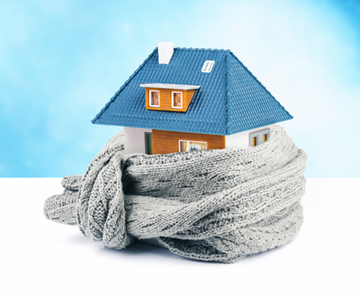
Northern Ireland Advice Leaflets
18th Sep 2025
We have four leaflets specifically tailored to Northern Ireland, which provide information and advice on how to keep your home warm and healthy on a budget.

The Fuel Poverty Coalition NI's Response to the Department for Communities: Consultation on a new Fuel Poverty Strategy for Northern Ireland
05th Mar 2025
The Fuel Poverty Coalition (FPC) Northern Ireland is united by our ambition to highlight the need for urgent action to eradicate fuel poverty in Northern Ireland. There is clear need for a strategic, cross-departmental, and cross-sectoral approach to tackle NI’s...
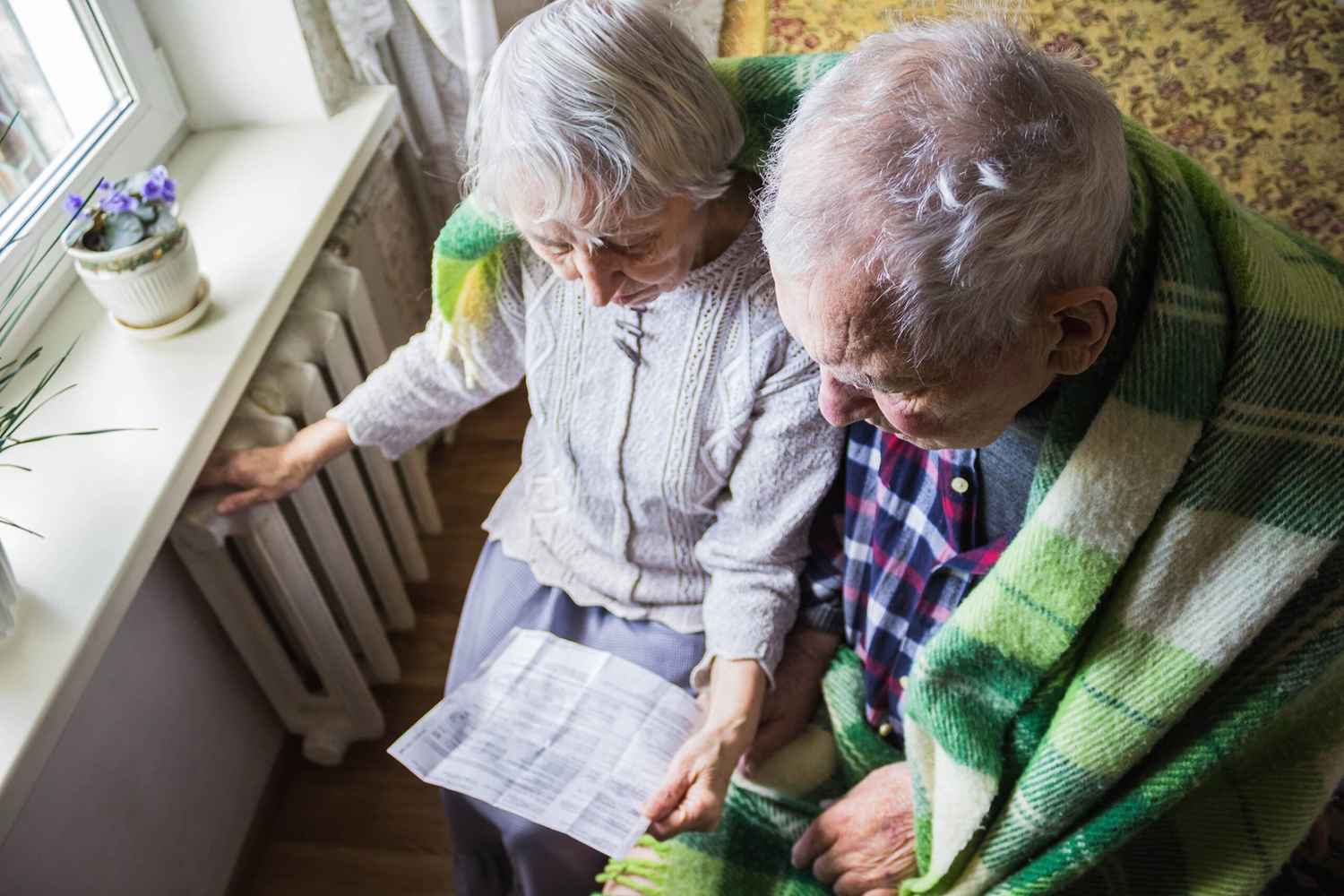
LucidTalk — NEA NI: September 2024 – Northern Ireland (NI) Attitudinal Poll
26th Nov 2024
LucidTalk - NEA NI: September 2024 – Northern Ireland (NI) Attitudinal Poll

Warm, Safe and Healthy at Home — NEA NI's Manifesto for Homes 2024
24th Jun 2024
The upcoming General Election provides a vital opportunity for policymakers to address the fuel poverty crisis and ensure vulnerable people are warm, safe and healthy at home. NEA NI is calling on all Northern Ireland candidates and parties to commit...

LucidTalk — NEA NI: September 2023 – Northern Ireland (NI) Attitudinal Poll
20th Oct 2023
LucidTalk - NEA NI: September 2023 – Northern Ireland (NI) Attitudinal Poll

Tackling Fuel Poverty in NI - Local Government Election Manifesto 2023
14th Apr 2023
In the absence of a functioning Northern Ireland Executive, our local councils have a considerable role to play in supporting fuel poor homes. Ahead of the upcoming local council elections, NEA are calling on candidates and parties to commit to...

LucidTalk — NEA NI: NI Wide Omnibus Poll Project
24th Jun 2022
LucidTalk - NEA NI: Northern Ireland (NI) Omnibus Poll Question Results General Report
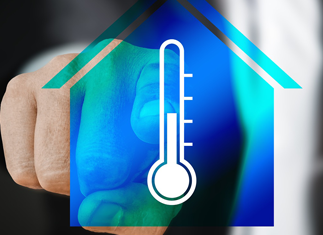
Smarter Homes for a Smarter Future webinar
28th Apr 2022
Critical factors for the Adoption of Smart Homes for Energy Efficiency
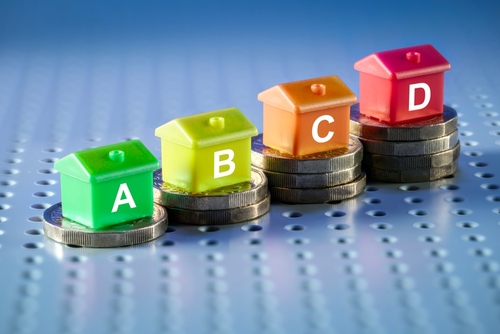
Supporting vulnerable energy customers this winter
26th Jan 2022
This policy briefing highlights the positive steps that can be taken now by the UK Government and energy regulator Ofgem to respond to the current energy crisis and support vulnerable energy customers this winter. It is hoped that this will...
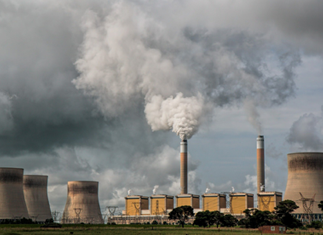
Phasing out the installation of fossil fuel heating in homes off the gas grid: NEA response to BEIS consultation
13th Jan 2022
NEA broadly agrees with plans to phase out fossil heating, but BEIS must ensure that homes off the gas grid receive adequate support to decarbonise, including through funding hybrid heating technologies; ensure that there is sufficient awareness and advice around...

Northern Ireland Fuel Poverty Action Guide (Edition 3)
04th Nov 2021
A practical guide to help MPs, MLAs, local councillors, health professionals and advice workers answer queries on energy bills, heating, home insulation and energy efficiency.
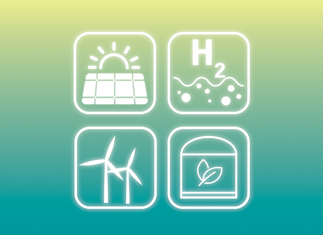
NEA response to BEIS Consultation: Hydrogen for heat: facilitating a grid conversion hydrogen heating trial
18th Oct 2021
NEA’s response to the BEIS Consultation on hydrogen heating trials. NEA welcomes the plans to deliver a hydrogen village trial by 2025. In this response, NEA sets out the key issues that will need to be considered to ensure fuel...

NEA response to Improving the Energy Performance of Privately Rented Homes in England and Wales
21st Dec 2020
Cold, damp and unsafe homes continue to cause shocking levels of unnecessary hardship and premature mortality. Across the UK, NEA estimates that on average more than 10,000 people die each year due to living in a cold home[i]. In England...

NEA Cymru response to the Welsh Government Tackling Fuel Poverty 2020–2035 Plan
15th Dec 2020
Despite positive attempts to end fuel poverty in Wales, the statutory targets that were in place to eradicate the scourge of cold homes were missed and fuel poverty continues to be a devastating problem. Here, we respond to the Welsh...
UK Fuel Poverty Monitor 2019-20
14th Sep 2020
This year’s UK Fuel Poverty Monitor (UKFPM) reviews the events that have resulted from the COVID-19 pandemic, and how they have impacted vulnerable energy consumers and the organisations that look to support them, cataloguing the response to this challenge from...
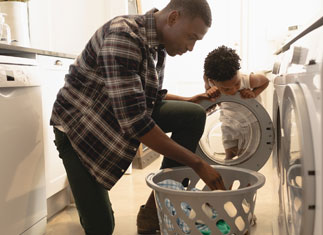
A new fuel poverty strategy for Wales
29th Jul 2020
This short briefing highlights the key commitments NEA Cymru would like to see reflected in the consultation and final strategy, to renew the Welsh Government’s commitment to end fuel poverty and rejuvenate efforts by a range of key stakeholders around...

NEA NI response to the North West Regional Energy Strategy Consultation
30th Jun 2020
Improved insulation and heating standards are seen as the most rational and sustainable means of mitigating heating price increases and ensuring affordable warmth. While we must decarbonise our energy system, we must also ensure that the needs of those on...

The Gathering Storm: Utility debt and COVID-19
19th Jun 2020
The COVID-19 outbreak has already had a significant impact on household finances, especially those that already struggle with the costs of essential services. But there is a bigger gathering storm. Existing debt issues within the water and energy sectors are...
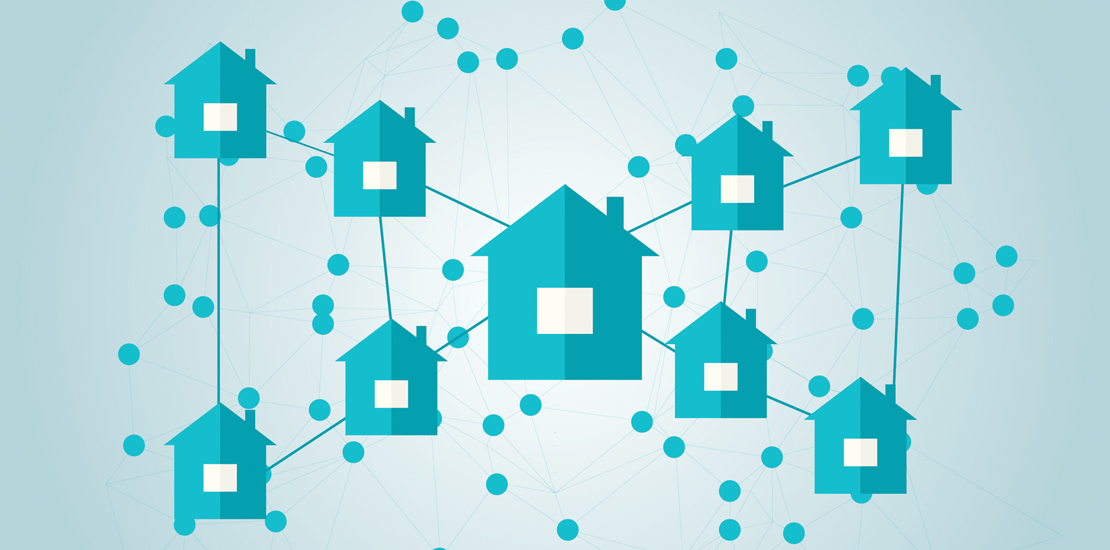
NEA response to Heat Networks: Building a Market Framework
01st Jun 2020
District heating can contribute to fuel poverty reduction targets through its ability to provide stable and predictable prices for energy over an extended period of time; reduced worry for households about breakdowns or repairs; the creation of local employment opportunities...

Review of the Northern Ireland Sustainable Energy Programme and energy efficiency provision
17th Feb 2020
Based on the 2016 House Condition Survey (HCS), Northern Ireland has a rate of fuel poverty at 22%. It is also estimated that there are approximately 43,800 households in extreme fuel poverty which means they need to spend over 15%...

Keeping Britain Warm and Well: How to help millions of people pay a fair price for their energy
17th Feb 2020
The Warm Home Discount (WHD) scheme currently provides a payment of £140 (inclusive of VAT) towards energy bills, and also contains provisions to carry out projects to help low-income and vulnerable households to better afford their energy bill. The scheme...
Climate Change Environment and Rural Affairs Committee: Inquiry into fuel poverty
18th Nov 2019
NEA Cymru welcomes the opportunity to respond to the committees inquiry in to fuel poverty and would like to thank the Committee for focusing on this important issue.

Warm and Safe Homes: Vulnerable people first. Impact report 2018-19
02nd Oct 2019
The challenge for most charities is to do remarkable things in testing circumstances. That is certainly true for NEA and the results can be seen in this report.

Better at Home
02nd Oct 2019
NEA worked with Macmillan Cancer Support to identify vulnerable households at risk of fuel poverty, living in a cold home and experiencing ill health. The fund supported the provision of energy efficiency and heating measures to householders identified as ‘in...
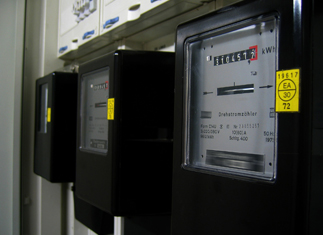
NEA response to Ofgem’s consultation “Proposals to improve outcomes for consumers who experience self-disconnection and self-rationing”
22nd Sep 2019
The proposals made in this consultation will undoubtedly have a material affect on the number of customers that self-disconnect and self-ration. They are broadly in line with a number of suggestions that NEA made within our response to the preceding...
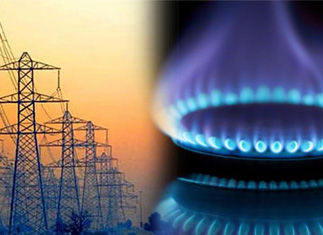
NEA response to the Joint BEIS and Ofgem Consultation “Flexible and Responsive Energy Retail Markets”
22nd Sep 2019
NEA believes dramatically improving domestic energy efficiency levels remains the most enduring solution to addressing energy affordability, however, we also know other key actions are required in retail energy markets to safeguard vulnerable domestic customers, particularly those living on the...
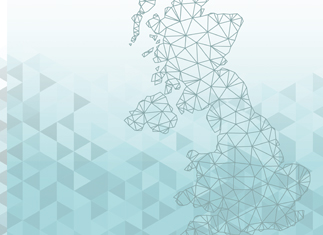
UK Fuel Poverty Monitor 2018-19
22nd Sep 2019
This year, the focus of the Monitor is on progress in delivering existing fuel poverty strategies in England, Wales, Scotland and Northern Ireland.
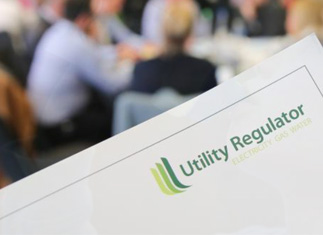
NEA NI response to the Utility Regulator price control for firmus energy (Supply) Ltd 2020-2022
17th Jul 2019
NEA has supported the Regulator’s work to protect more low income and vulnerable customers from unexpected price rises. The efficiency and cost effectiveness of gas distribution networks play a key role in tackling fuel poverty levels and we need to...
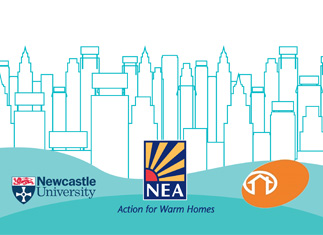
Warm Homes Fund Programme Evaluation: Abridged interim report
17th May 2019
The evaluation consortium has been working together on evaluating the impacts of the Warm Homes Fund (WHF) over the winter of 2019-2020 and has heard first-hand of the very significant and positive effects that the funding has had on the...

Northern Ireland Fuel Poverty Action Guide (Edition 2)
23rd Feb 2019
A practical guide to help MPs, MLAs, local councillors, health professionals and advice workers answer queries on energy bills, heating, home insulation and energy efficiency.
Health and Innovation Programme Social Evaluation Report 2017-18: Executive Summary
11th Sep 2018
The Health and Innovation Programme was a £26.2 million programme to bring affordable warmth to fuel poor and vulnerable households in England, Scotland and Wales. The programme launched in April 2015 and has delivered energy efficiency advice and measures to...

Northern Ireland Fuel Poverty Action Guide (Edition 1)
26th Jun 2018
A practical guide to help MPs, MLAs, local councillors, health professionals and advice workers answer queries on energy bills, heating, home insulation and energy efficiency.
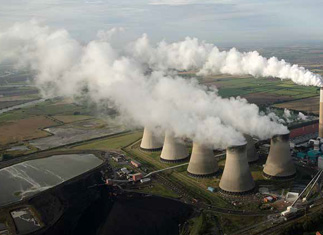
Heat Decarbonisation: Potential impacts on social equity and fuel poverty
16th Sep 2017
NEA commissioned this report to help stimulate debate on the policy options we must consider as we seek to decarbonise heat alongside delivering fuel poverty strategies across the UK. It helpfully draws out some of the tensions and challenges we...
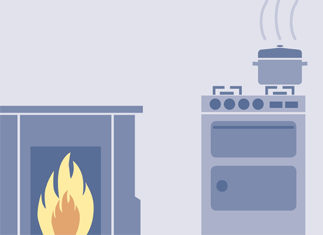
Understanding Carbon Monoxide Rise in Households Vulnerable to Fuel Poverty
15th Sep 2017
This research investigated the relationship between fuel poverty and carbon monoxide (CO) risk in households on low incomes and in vulnerable situations.
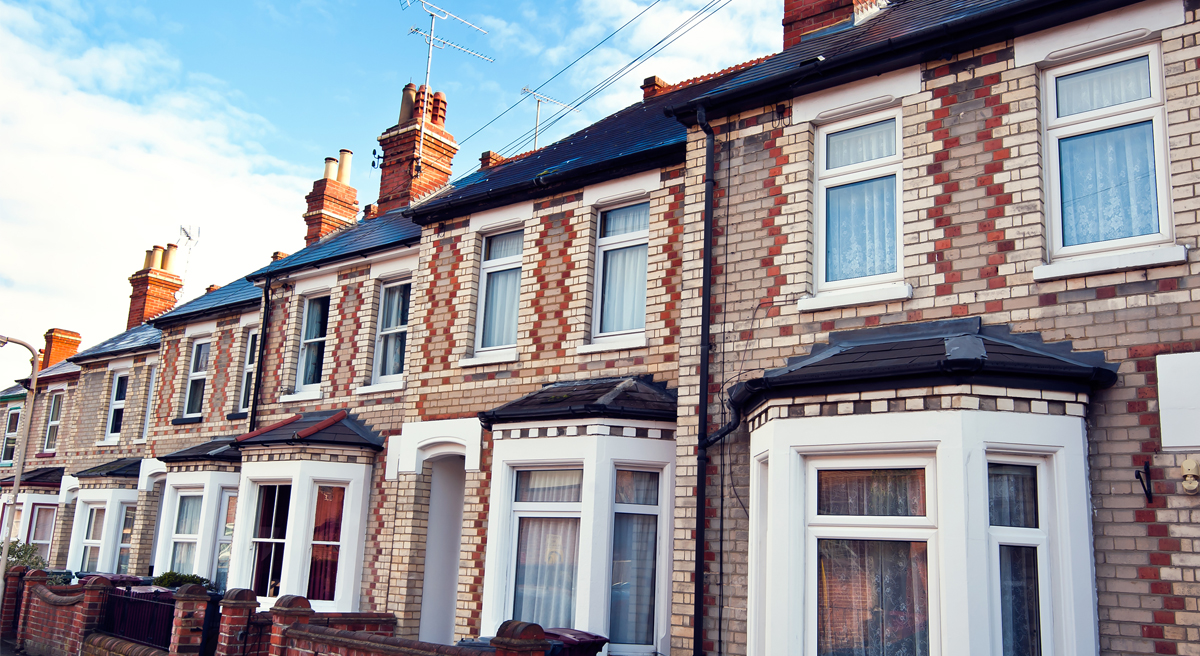
The Cold Man of Europe
01st Oct 2015
This briefing compares the state of the UK housing stock and fuel poverty levels with 15 other European countries. It concludes that no other country of the 16 assessed performed as poorly overall as the UK across the range of...
Achieving Warmth in Whiterock and Westrock: Report findings on the door to door local based approach
17th Jun 2014
NEA engaged the University of Ulster to undertake research into the mental health and wellbeing impacts of fuel poverty and how energy efficiency measures can be used to combat them. A significant outcome from the research was it demonstrated to...
© 2025 NEA all rights reserved.

